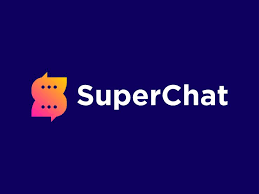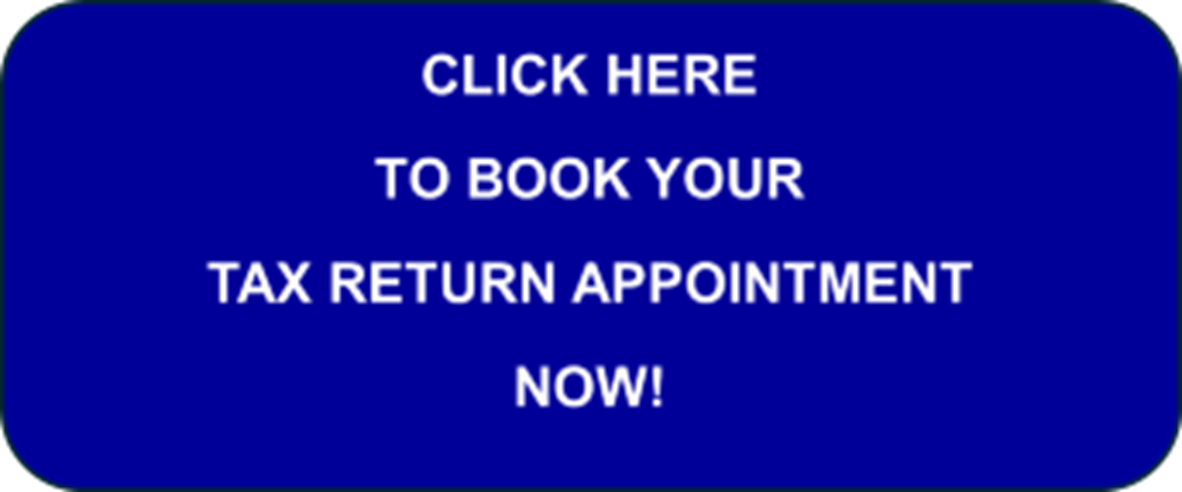GFM August 2025 Newsletter
21 August 2025

Fresh Updates to Keep Your Business on Track
At GFM, we’re always looking for ways to support you,
We are now knee deep in the taxation returns period and commencing corporate work for year end 2025. This is a brief overview of the current business landscape, recent economic developments and how they may impact your operations.
Interest Rate Relief – A Breather for Businesses/Individuals
After a long period of rising interest rates, we’re finally seeing signs of relief. Central banks have paused or slightly reduced rates in recent months, offering a bit more breathing room for businesses with debt or those looking to invest in growth.
Current Pressures Facing Businesses
Despite some economic relief, many businesses are still navigating challenges, including:
- Rising input costs and ongoing inflation pressures.
- Talent shortages and increased wage expectations.
- Cash flow tightness, particularly in sectors with delayed payments.
- Compliance and regulatory changes, increasing admin and risk.
We strongly encourage regular cash flow forecasting and reviewing your overheads. If you’d like support in these areas, our team is here to assist.
What’s Going Well – Green Shoots & Positive Trends
It’s not all bad news. Here’s where we’re seeing real resilience and progress among clients:
- Strong consumer demand in niche markets and experiences.
- Innovation and tech adoption helping reduce costs and increase efficiency.
- Grants and incentives available for digital upgrades and sustainability projects.
- Exporters benefiting from currency fluctuations and global demand.
We’re proud of the way many of you are adapting, pivoting, and growing despite challenges.
Like always, please contact our Team at GFM Accountants to discuss all business/taxation related matters.
Regards
Darren, Brent and the Team at GFM

Super Guarantee Now 12% – Is Your Payroll Ready?
The Superannuation Guarantee rate has increased to 12%. Make sure your payroll systems and employment contracts are updated to reflect the new rate and avoid potential penalties.
Super contributions: get the timing and paperwork right
If you’re making personal super contributions, ensure they’re received by your fund before the deadline and submit your notice of intent to claim a deduction promptly. Also review your total super balance limits to confirm you’re eligible to contribute and to avoid unexpected tax consequences.
Updated Superannuation and tax thresholds – Key Changes
A few key updates are now in effect for the 2024–25 financial year:
- Super Contribution Caps – The concessional (before-tax) contributions cap has increased to $30,000 per year, while the non-concessional (after-tax) cap is now $120,000. This provides more room to boost your retirement savings in a tax-effective way.
- CGT Cap for Super Contributions – For eligible small business owners using the CGT concessions to contribute sale proceeds to super, the lifetime limit has risen to $1.78 million.
- Safe Harbour Interest Rate – The Division 7A benchmark interest rate for related-party loans has increased to 8.27% for 2024–25. This will affect minimum repayment amounts on qualifying loans.
These changes may open new opportunities to accelerate super contributions and fine-tune tax strategies, but they can also increase compliance risks if the new limits are exceeded.

🚨 Reminder: TPAR Lodgements are Due 28 August
If your business pays contractors in industries such as building & construction, cleaning, courier, road freight, IT, or security services, you may need to lodge a Taxable Payments Annual Report (TPAR) with the ATO.
The report for payments made during the year ended 30 June 2025 is due by 28 August 2025.
Lodging on time helps you avoid penalties and ensures your contractor reporting obligations are up to date.
If you’re unsure whether your business needs to lodge a TPAR, or if you’d like assistance preparing your report, please get in touch with our team.

RBA Cuts Interest Rates by 0.25% – Implications for Your Business
The Reserve Bank’s 25-basis-point reduction in the cash rate is designed to lower borrowing costs and stimulate economic activity. For business owners, the key impacts are:
- Lower Financing Costs – Variable-rate loans, overdrafts, and other credit facilities may become cheaper, improving cash flow and freeing funds for reinvestment.
- Opportunity to Refinance – With rates down, it may be a strategic time to renegotiate loan terms or consolidate debt.
- Impact on Customer Spending – Cheaper credit and improved household cash flow could boost consumer demand, benefiting sales in some sectors.
- Pressure on Savings Returns – If your business holds significant cash reserves, expect lower interest income.
- Strategic Growth Window – Lower rates can create an environment for expansion, equipment upgrades, or property acquisition at reduced cost of capital.
Review your financing arrangements promptly—banks may not automatically pass on the full cut—and consider how cheaper borrowing could support your growth plans.

GFM’s Recent Fundraising Efforts
Thank you for your support – With your help, GFM Accountants raised $2,050 towards improving the mental health of all Australians via our June 2025 Push-Up Challenge.
Our casual Fridays “Gold Coin” donations also raised $400 in support of “The Social Education Group”
Our July – September Fundraiser is in support of the “Live 2 Achieve” organisation for which Darren & GFM are volunteer advisers.
Live 2 Achieve is an organisation that supports young people with disabilities, aiding them in achieving their goals, and enabling them to live their best possible life.

Interest Expense Deductions: What counts and what doesn’t
What Counts as Deductible Interest Expense?
Interest on Loans for Income-Producing Purposes
- Interest on money borrowed to invest in rental properties, shares, or other income-generating assets.
- Example: Loan interest on a mortgage for a rental property.
Business Loan Interest
- Interest on loans taken out for business operations, buying equipment, or expanding business activities.
- Example: Interest on a business overdraft or equipment loan.
Investment Loan Interest
- Interest on loans used to purchase shares or managed funds if those investments generate taxable income.
Interest on Credit Cards for Business Use
- Interest charged on credit cards if used exclusively for business expenses.
What Does NOT Count as Deductible Interest Expense?
Interest on Personal Loans or Home Loans for Private Use
- Interest on your personal mortgage or personal loans not related to income generation is not deductible.
- Example: Interest on your own home mortgage.
Interest on Loans Used for Tax-Exempt Investments
- If the investment income is tax-exempt, the interest expense deduction is generally disallowed.
Interest on Loans Used to Buy Assets for Private Use
- Interest on borrowing for cars, boats, or other personal items not used for producing income.
Late Payment Interest and Penalties
- Interest charged on overdue tax payments or penalties imposed by tax authorities cannot be claimed.
Important Notes
- The loan must be genuinely related to earning assessable income.
- Proper records and loan agreements should support the purpose of borrowing.
- Mixed-use loans (part personal, part investment/business) require apportioning deductible interest.

If you would like to arrange a face-To-Face or Telephone/Online Appointment please use the link above for easy access.
Scheduling an appointment is simple
1. Select the service that best meets your requirements
2. Select your preferred Staff Member from the drop-down list
3. Select your required date in the Calendar
4. Select from the available times on that date that also suits you
Should you prefer to have us prepare your returns via email, and do not require a scheduled appointment, please simply complete the forms via the below links and we will prepare your returns and email them to you for electronic signing.
“Personal Tax Return Questionnaire – WORK RELATED DEDUCTIONS”
and “RENTAL PROPERTY SCHEDULE CHECKLIST”.
When used, these completed forms will return to us via a secure online platform through our website.

Key Dates
- Lodge and Pay July 2025 Monthly BAS/IAS – 21st August 2025
- Lodge and Pay June 2025 Quarterly BAS – 25th August 2025
- Lodge and Pay June 2025 quarter Superannuation Guarantee Charge Statement – 28th August 2025
- Lodge Taxable Payments Annual report (TPAR) – 28th August 2025
- Lodge and Pay August 2025 Payroll Tax – 8th September 2025
- Lodge and Pay August 2025 Monthly BAS/IAS – 22nd September 2025
- Lodge and Pay September 2025 Payroll Tax – 7th October 2025

